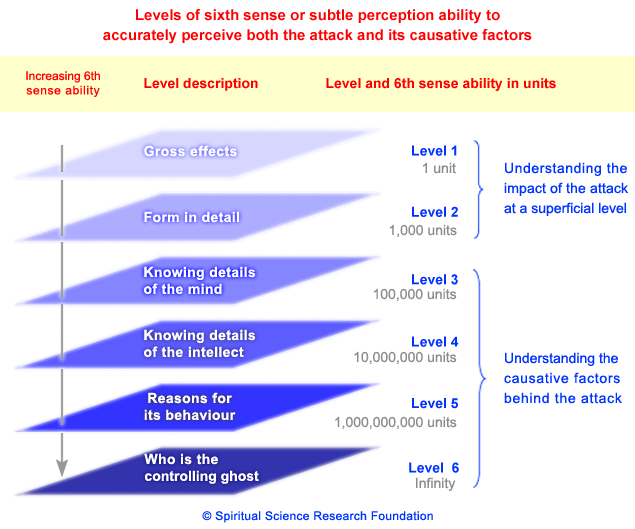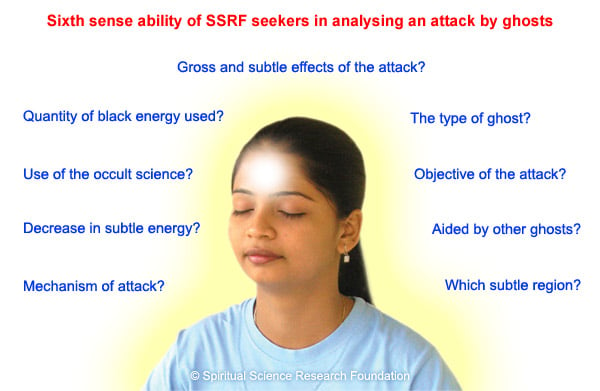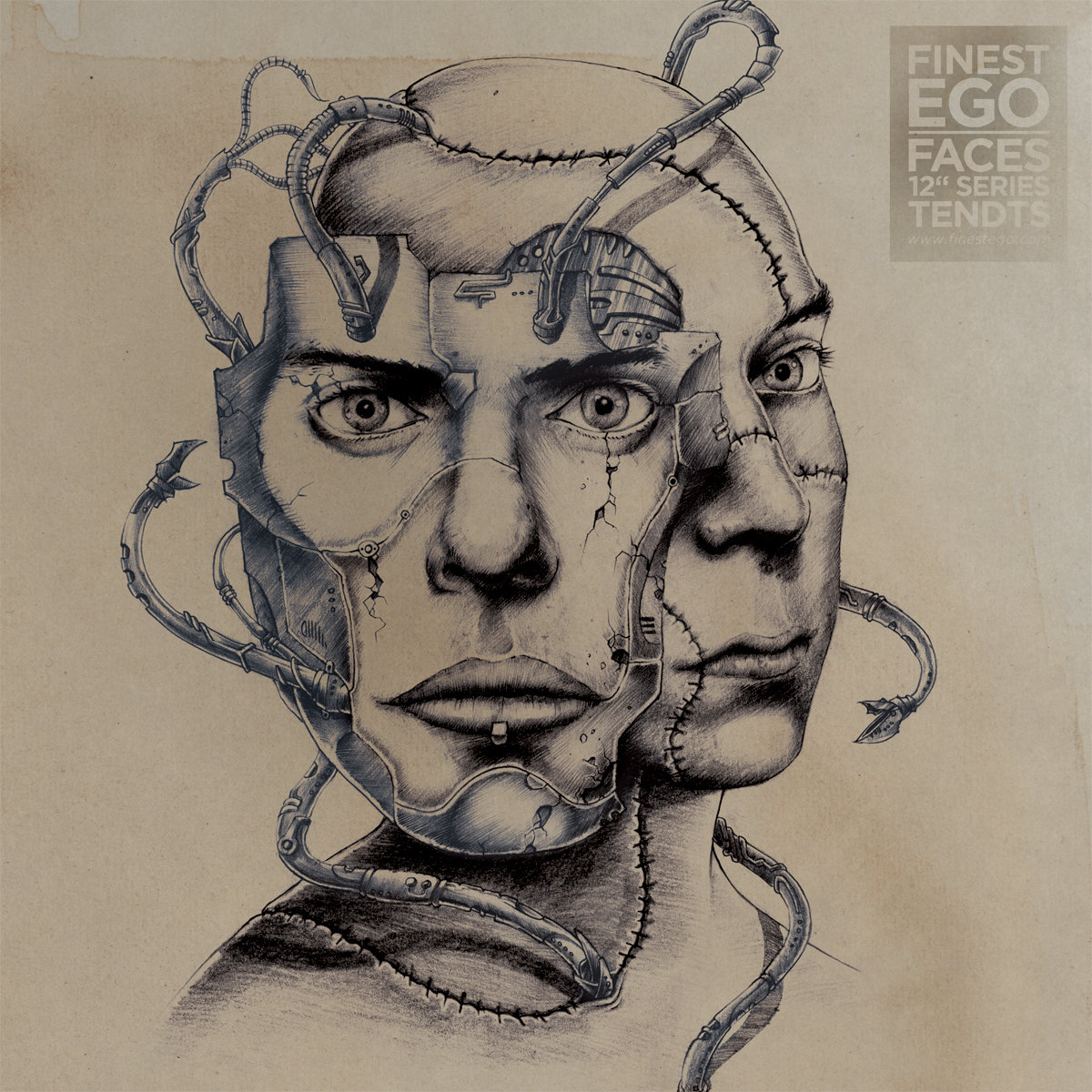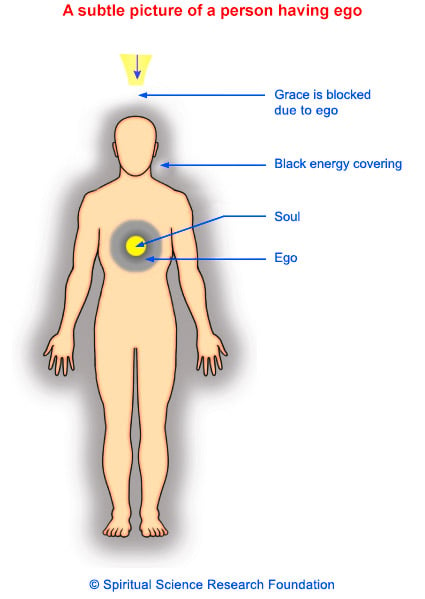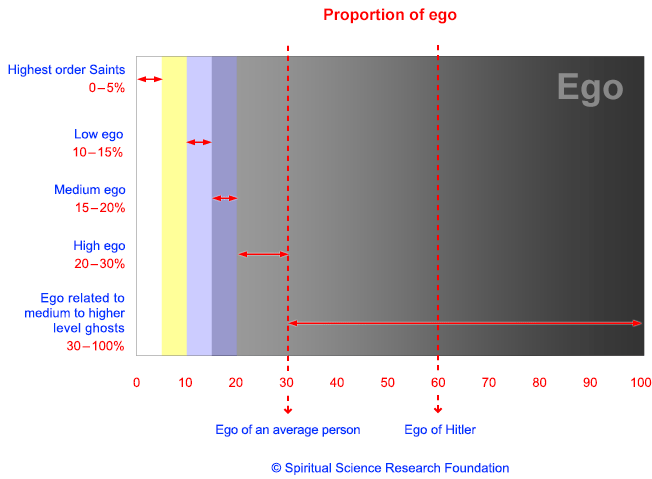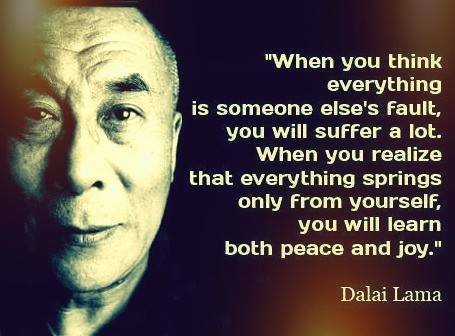The 10 Lies We Tell Ourselves
“The worst lies are the lies we tell ourselves. We live in denial of what we do, even what we think. We do this because we’re afraid. We fear we will not find love, and when we find it, we fear we’ll lose it. We fear that if we don’t have love we will be unhappy.” ~
Richard Bach
Most of us don’t like liars. In fact, we often feel offended, even angry, when another person lies to us. But the truth is, we lie to ourselves every day. We engage in negative self talk and thought patterns that inhibit our personal growth and limit our ability to live a full and grounded life. We deserve to live life fully, to experience all of the joy and mystery that life has to offer. The first step towards this way of being is awareness. If we can become aware of the ways in which we are lying to ourselves, we can begin to filter our thoughts in a productive way. Here I have listed 10 lies that we need to stop telling ourselves in order to
push past our own limitations and begin to enjoy the totality of living for which we are destined.
1. MY PAST WILL ALWAYS HAUNT ME.
Correction-
you’re past can haunt you if you let it. But no, you’re not doomed to spend the rest of your life desperately seeking love from anyone who will show it to you because of a parent who never did. The very thing you’re doing at this moment – self-reflection, questioning old thought patterns – is a great step in the direction of change. Next time, before you indulge a groundless belief or fear, ask yourself, “What is the source of my information?” If the answer is- as it usually is- “I thought it up,” then you should dismiss the idea. Remember, when you hold onto your history, you do so at the expense of your destiny.
2. SUCCESS IS THE OPPOSITE OF FAILURE.
There are no failures, just results. Even if things don’t unfold the way you expected,
don’t give up. Learn what you can and keep moving. The one who continues to advance in this way, one step at a time, is the one who ultimately wins in the end. The battle is always won long before the final victory. It’s a mindset. Success is a process that consists of small steps, decisions, and actions that gradually build upon each other.
3. IF ONLY I HAD (FILL IN BLANK), I WOULD BE HAPPY.
There are two ways of being rich in happiness: One is to have all you want, the other is to be satisfied with all you have. I’ll give you a hint: both ways are the same. If you accept and appreciate things now, you’ll find more happiness. Happiness comes when you
stop complaining about the troubles you have and start offering thanks for all the troubles you don’t have. So next time you catch yourself thinking about all the things you want that you haven’t gotten, think instead about all the things you don’t want that you haven’t gotten. And be grateful.
4. A CRISIS IS A BAD THING.
As John F Kennedy once said, “The Chinese symbol for the word “crisis” is written using two strokes of a pen. One stroke stands for danger, and the other for opportunity. In a crisis, beware of the danger, but also recognize the opportunity.” Life always balances itself out. Every challenge, problem, and difficulty that arises is simply another opportunity for you to learn and grow.
5. I’M TOO OLD FOR THAT.
You are never too old to go after what you want. Nelson Mandela was 76 when he became president. Leonardo Da Vinci was 51 years old when he painted the Mona Lisa. Dr. Seuss was 54 when he wrote
The Cat in the Hat. Colonel Sanders was 61 when he started the KFC Franchise. There are countless other examples. Everyone is on their own timeline. And you are never too old or too young to fulfill your calling.
6. THAT PERSON (FILL IN THE BLANK) HAS IT SO MUCH EASIER THAN ME.
So many people believe this. But it’s simply not true. The truth is, you have no idea what that person’s life is about! Everyone is exploring and struggling in their own way. Nobody was handed a manual or an instruction guide for life – everyone is trying to figure it out just the same way you are. I once heard someone say if we all threw our problems into a pile in the middle of a room and were forced to choose one, we would scramble to retrieve our own.
7. IT IS BETTER TO GIVE THAN TO RECEIVE.
It’s a nice thought and useful if you’re a particularly self-centered individual but I don’t think it’s true. Maybe we can replace that lie with, “It’s better to give AND receive.” Because neither is “better” than the other. They are in balance. It’s simple math, for every giver there must be a receiver. And to take it one step further, giving is psychologically easier than receiving because there’s no sense of self worth needed to give. You can
give the best parts of yourself away because you don’t feel worthy of having them. But to be willing to receive means you feel worthy of accepting gifts from others.
8. I CAN DO IT TOMORROW.
Maybe one of the most frequent lies we tell ourselves. But we all know it’s not true! The trouble is, you always think you have more time than you do. But one day you will wake up and there won’t be any more time to work on the things you’ve always wanted to do. No one knows what the future holds and what good does it do to live in the “one of these days” mindset? The life you have is today and the time to live it is now. Besides, if we all waited until we were ready, we would never get anything done!
9. HAPPINESS IS THE FOUNDATION OF MY WELL-BEING.
We tell ourselves over and over again, “
I need to be happy.” We question ourselves, “Why aren’t you happy?!” But the truth is, emotions are emotions are emotions. Sad, angry, lonely, scared, they are not bad things! Instead of telling ourselves we need to stay happy, we ought to be letting ourselves feel however we do at any given moment. This kind of permission to feel as we feel — not continuous happiness — is the foundation of your well-being.
10. IT’S WRONG TO BE SELF-CENTERED.
Sometimes being selfish is healthy. We could all learn to say, “no” every now and then. And stop apologizing all the time. It’s your life! Your emotions! Your choices! So choose what’s best for you. And stop caring what other people think about your decisions. If/when it comes down to choosing between someone else or something else and yourself, always choose yourself.







